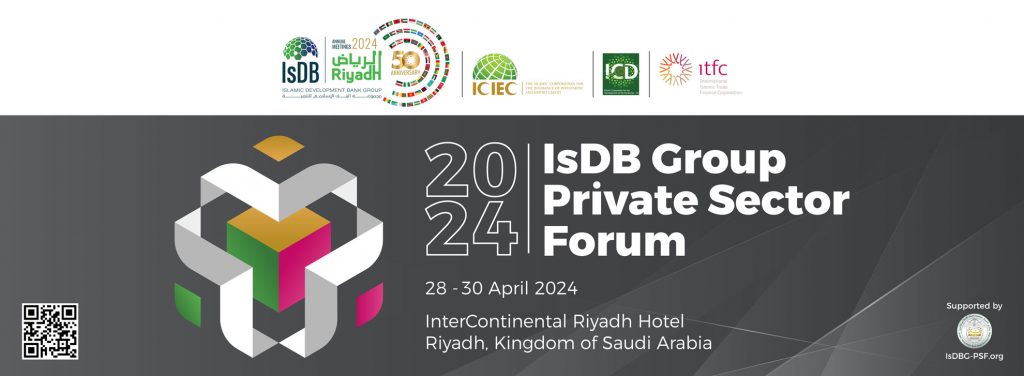 Amendment 205, which proposed that meat from non-stunned Kosher and Halal slaughter be labelled in a negative manner was omitted by the EU legislators at their recent council meeting on labelling on 6th December 2010.
Amendment 205, which proposed that meat from non-stunned Kosher and Halal slaughter be labelled in a negative manner was omitted by the EU legislators at their recent council meeting on labelling on 6th December 2010.
The initial amendment, proposed in the interests of consumer information, would have required meat products derived from non-stunned animal slaughter to be labelled “Meat from non-stunned slaughter”, thereby sending a false message that this meat was somehow less ethical than non-religious products.
The proposed amendment would also have been contrary to WTO guidelines to reduce unnecessary barriers to trade, and that also do not consider customer information to be sufficient reason to enforce mandatory labelling.
“This is an emotive subject.” commented World Halal Forum Europe Project Director Abdalhamid Evans, “but looked at in the cold light of day, it was clearly a discriminatory proposal. If consumer interest is the issue, than surely all meat products should disclose the method of slaughter, and even say which stunning methods have been used prior to slaughter. There is no clear scientific evidence that stunning is more humane. On the contrary, reports from Dr Temple Grandin indicate clearly that religious slaughter, performed well on a calm animal, is likely to be the least painful for the animals.”
At the recent WHFE event at Earl’s Court in London, the delegates passed a unanimous resolution rejecting the proposed Amendment 205.
This is by no means the end of the story. The regulation now goes to second reading at the European Parliament where the controversial amendment could possibly be reintroduced. The Amendment was strongly opposed by members of Shechita UK and The European Jewish Council
Shechita UK campaign Director Shimon Cohen explained, “The European Commission is beginning a new consultation next year on animal welfare labeling, and we are continuing to work in Brussels with the European Jewish Congress to explain to the European food authorities the humane nature of shechita slaughter. Our campaign is far from over, but we are making satisfactory progress”
The Muslim community leaders in the UK will need to stay alert on this issues, and continue to work together with all concerned parties to ensure that EU legislation is not allowed to stigmatise and denormalise religious practices within Europe.


![UAE: 14th World Islamic Economic Forum in Abu Dhabi to Discuss Key Components of Global Economic Growth Event poster[27] copy](https://halalfocus.net/wp-content/uploads/2023/12/Event-poster27-copy-1-150x125.jpeg)
